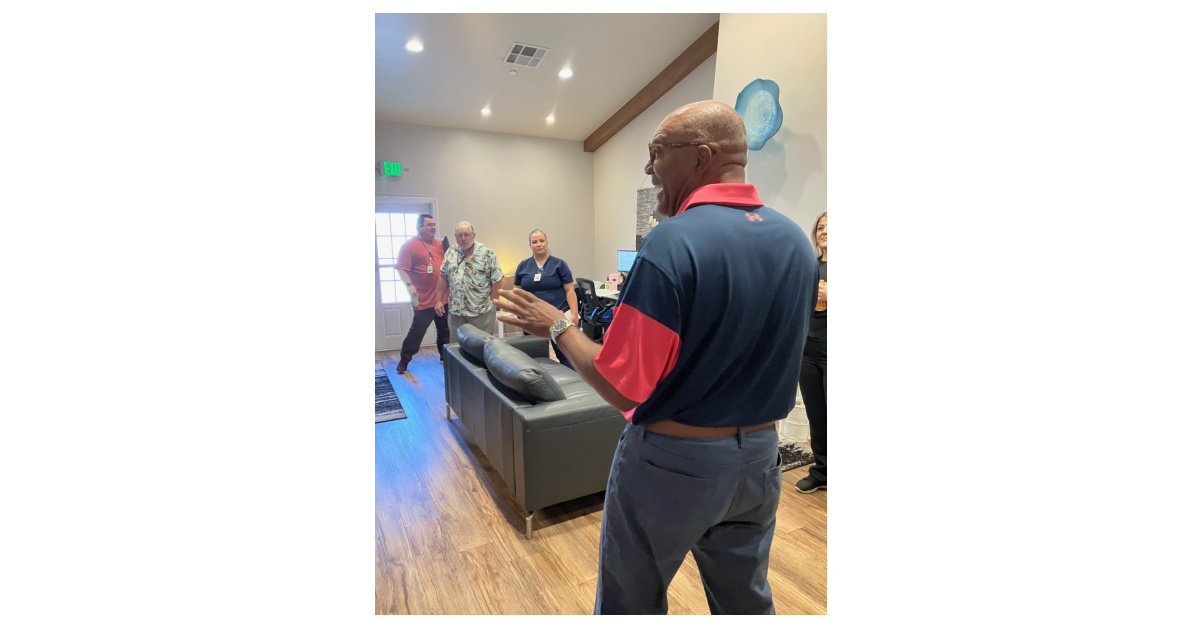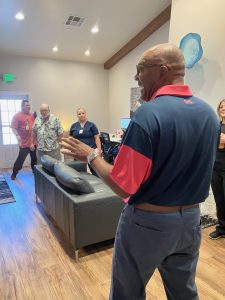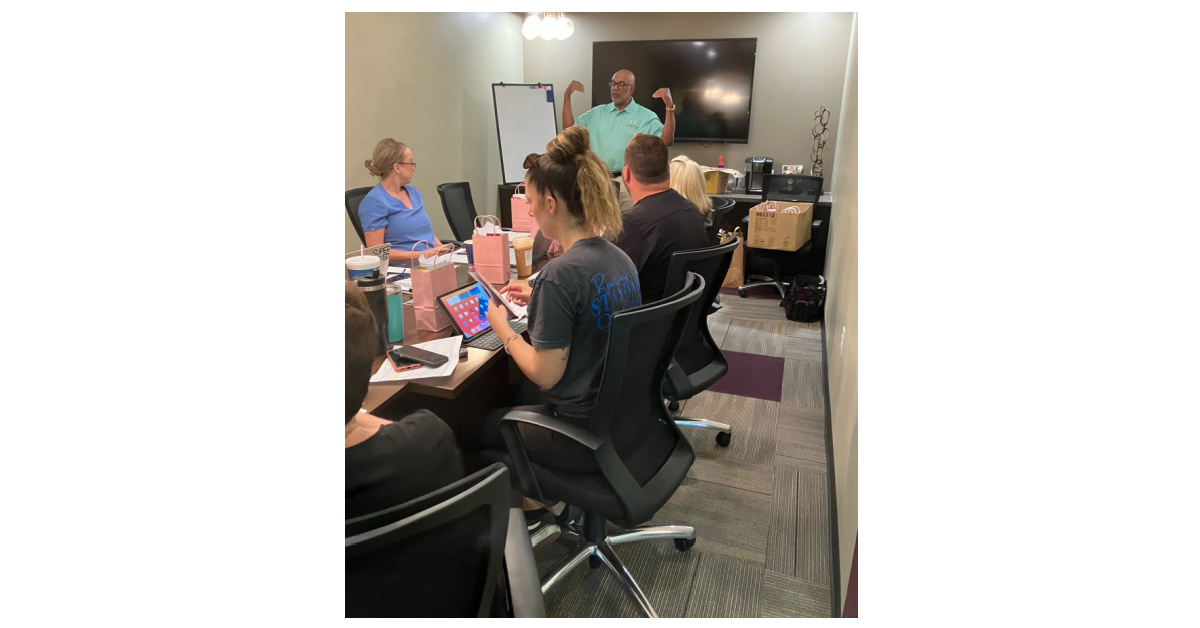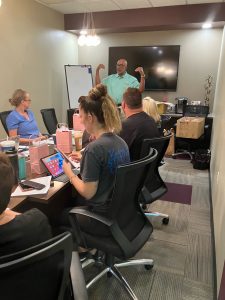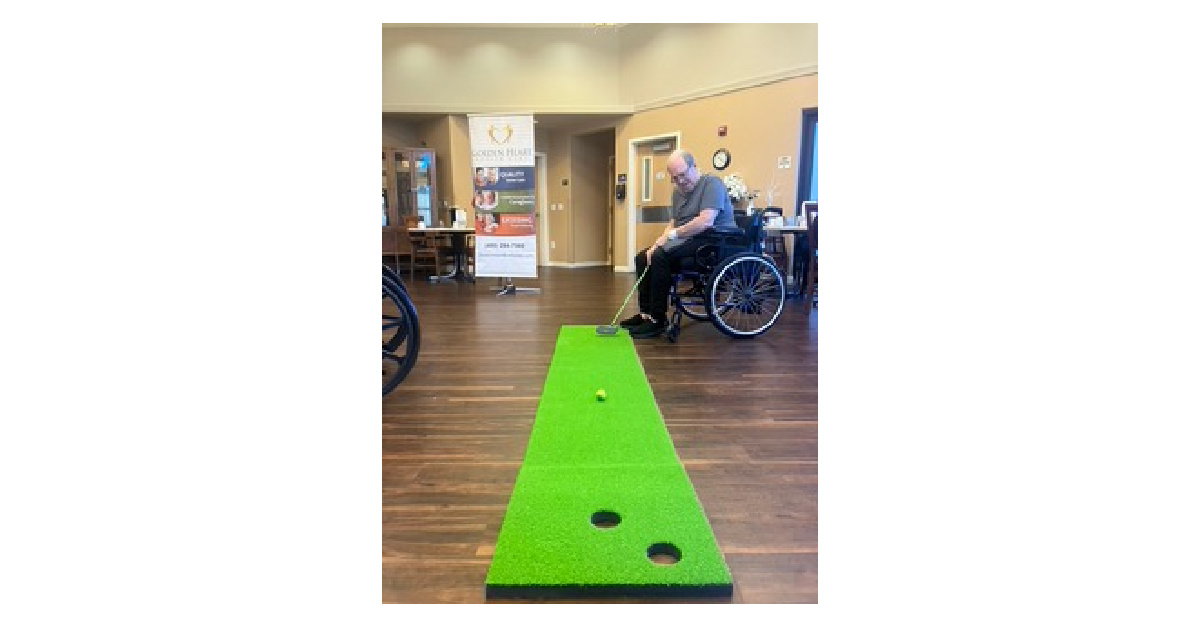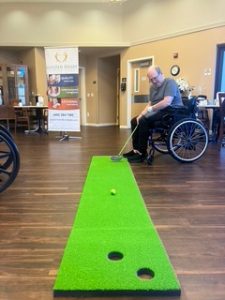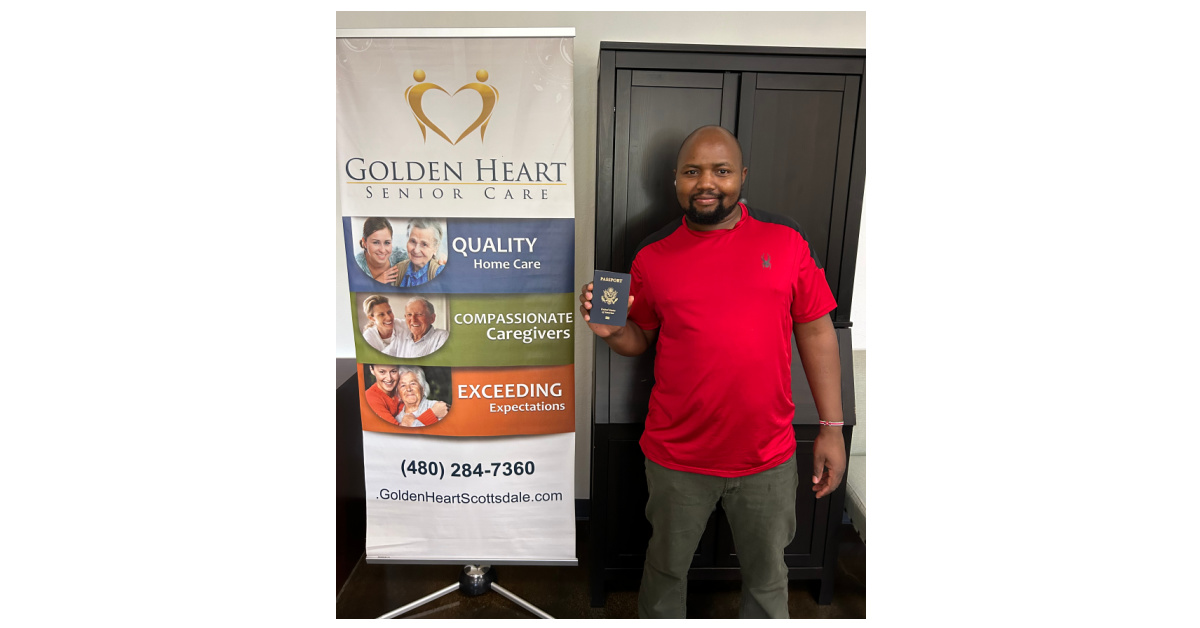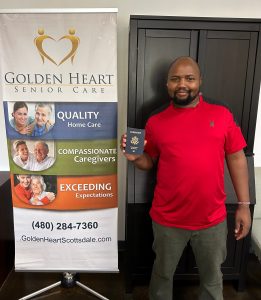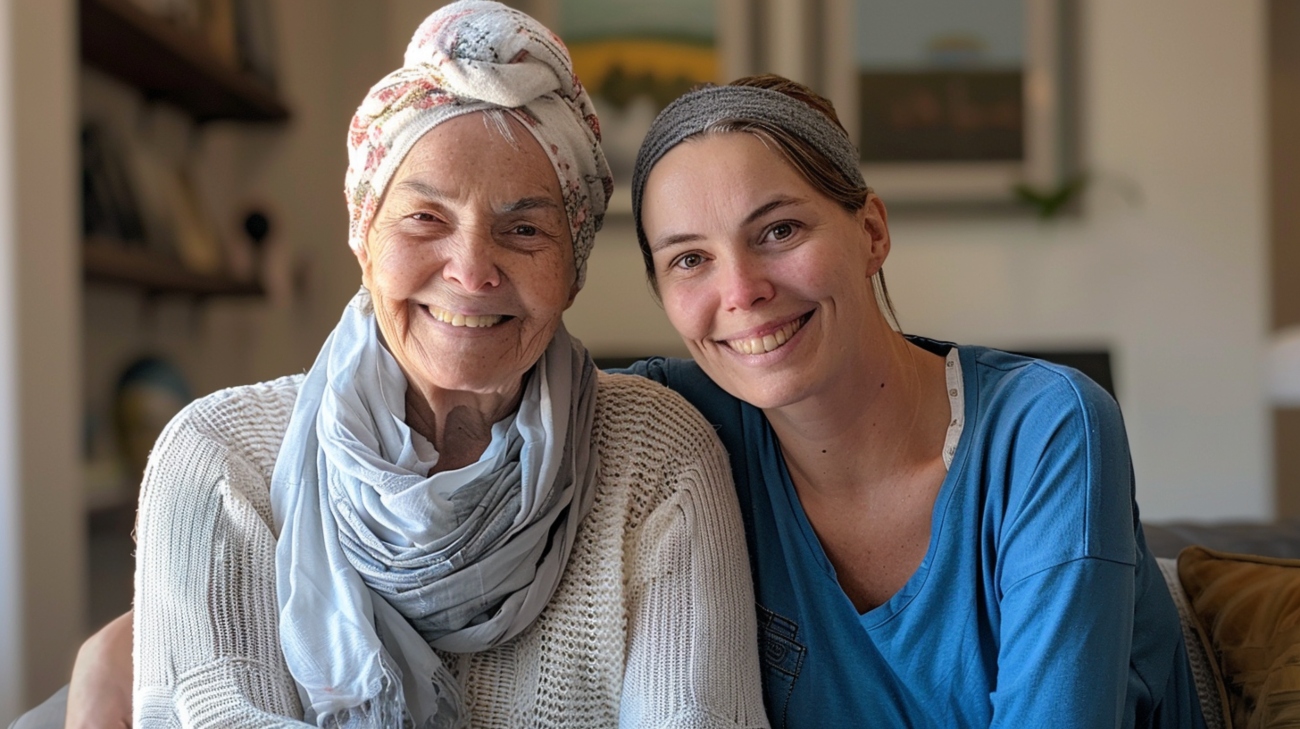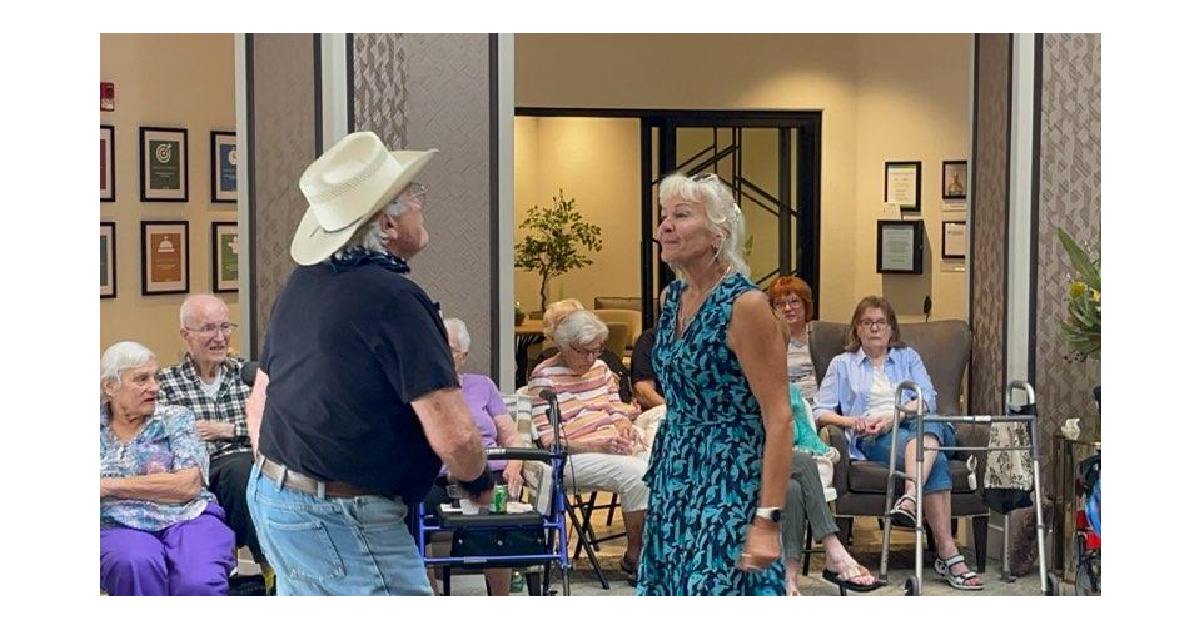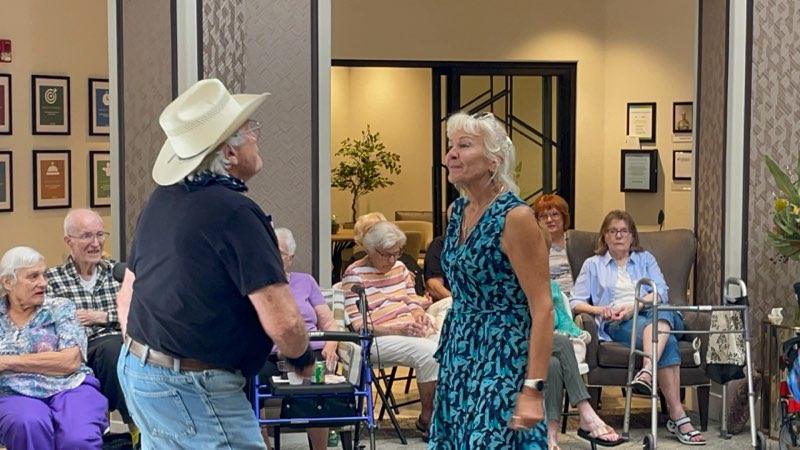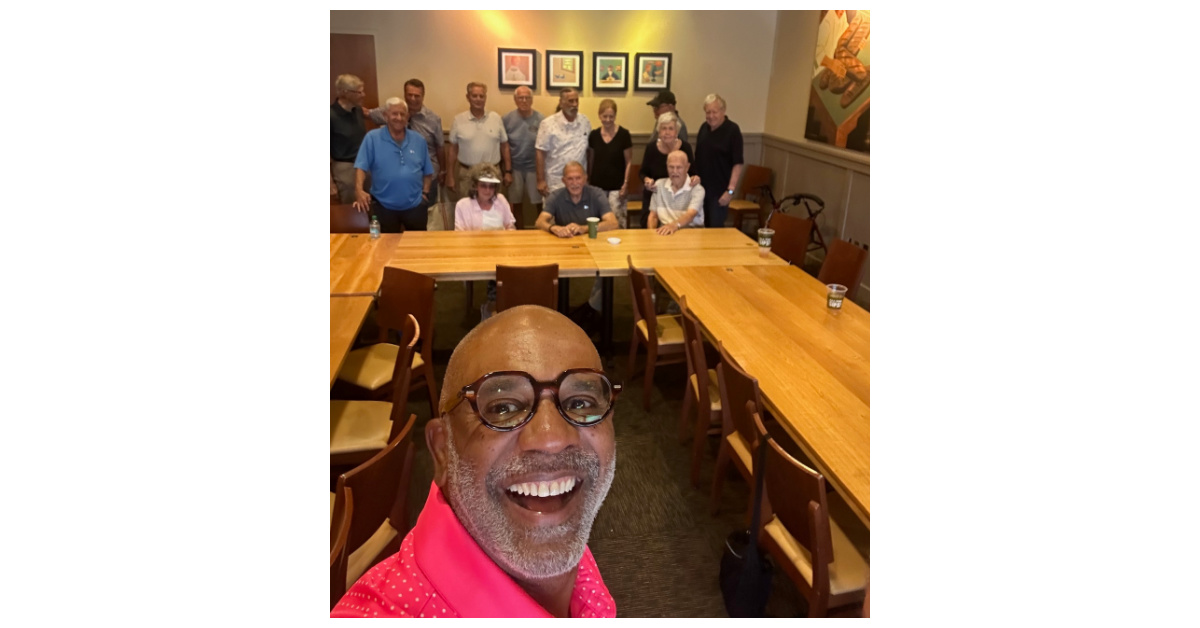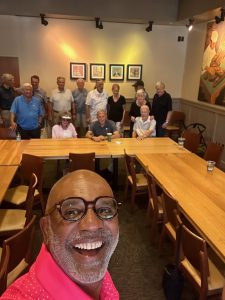The American Association of Cancer Research has designated September as Leukemia and Lymphoma Awareness Month. Both of these diseases are cancers that affect the blood or bone marrow. By having a month set aside for awareness of these diseases, the hope is to open up more conversations about them, lead to better awareness, and help families recognize the symptoms in time to seek appropriate medical help. Here are a few things to know about leukemia and how senior home care can help.
What is Leukemia?
Leukemia is a cancer that begins within the bone marrow. Bone marrow has stem cells that create the needed blood cells for a body. When leukemia occurs, the bone marrow makes abnormal white blood cells that don’t die when they should. Instead, they continue to live and begin to crowd out the healthy white blood cells, red cells, and platelets. This process makes it difficult for the healthy cells to perform their jobs and the body’s organs suffer.
Symptoms of Leukemia
For elderly adults, leukemia symptoms can come on slowly and mimic many other illnesses, often causing a person to ignore the symptoms for a long period, thinking they’ll just go away in time like a long battle with the flu or a bad cold. Sometimes an elderly person needs to be encouraged to have his long-term symptoms checked because he’s grown so accustomed to them, that they seem normal.
Excessive Bruising and Bleeding
Because leukemia affects the platelets, your loved one may find he’s bleeding more than normal or has bruises appear where he doesn’t recall an injury. Red or purple splotches may appear on the skin caused by bleeding under the skin. Your loved one may discover blood in his stools or an inability to stop bleeding after an injury. Frequent nose bleeds are also common.
Anemia
The reduction of red blood cells may cause anemia. Anemia can bring on symptoms such as extreme fatigue, dizziness, and pale skin. Your senior home care provider may call your attention to the fact that your loved one seems to lack energy and is looking unwell.
Multiple Infections
From mouth sores to continued bouts with cold-like symptoms could be a symptom of leukemia. If your loved one’s senior home care provider has noticed that your loved one has battled one infection after another, it might be time to bring your loved one in for a check-up even if he’s rebounded after each infection.
Weight Loss
Losing weight without trying is often a sign that something is going wrong with the body. Leukemia can cause weight loss in those who have it. If your loved one’s clothing keeps getting looser and looser, he might be shedding pounds without even realizing it.
Nighttime sweating
If your loved one is complaining about excessive sweating while he’s trying to sleep, it can be a symptom of leukemia, especially when combined with these other symptoms listed.
Treatment Options
Your loved one will work with his doctor to determine the best treatment for his leukemia. Early detection leads to more options for your senior. As he goes through treatment, you might want to consider having a senior home care provider be a part of his support team. A senior care provider can step in and help with chores around the home, prepare meals, or simply be a companion while he’s going through treatment.
Reference
https://www.webmd.com/cancer/lymphoma/understanding-leukemia-basics
If you or an aging loved one is considering senior home care in Ahwatukee, AZ, please call the caring staff at Golden Heart Senior Care of Scottsdale at (480) 284-7360. We are here to help!

